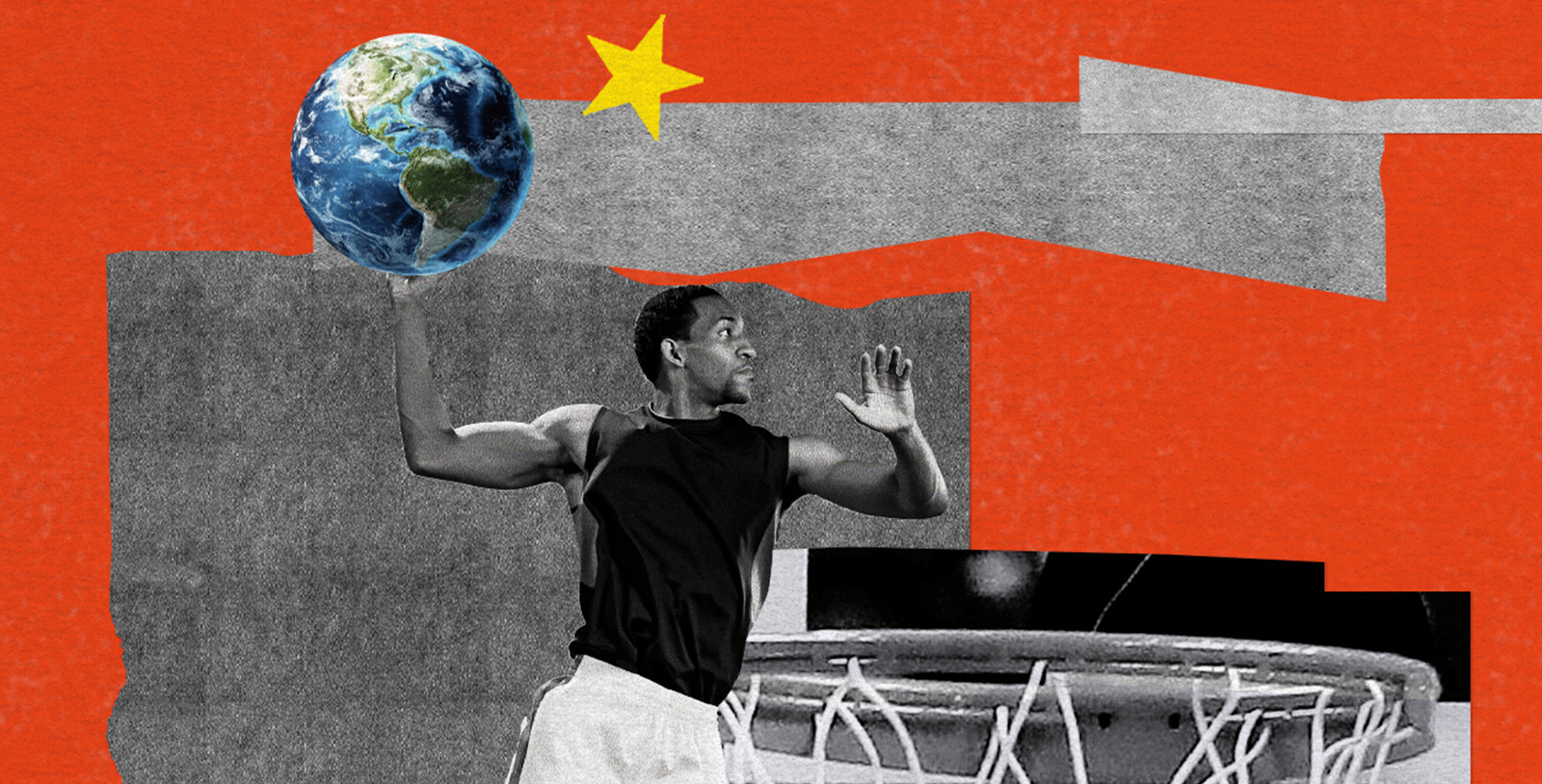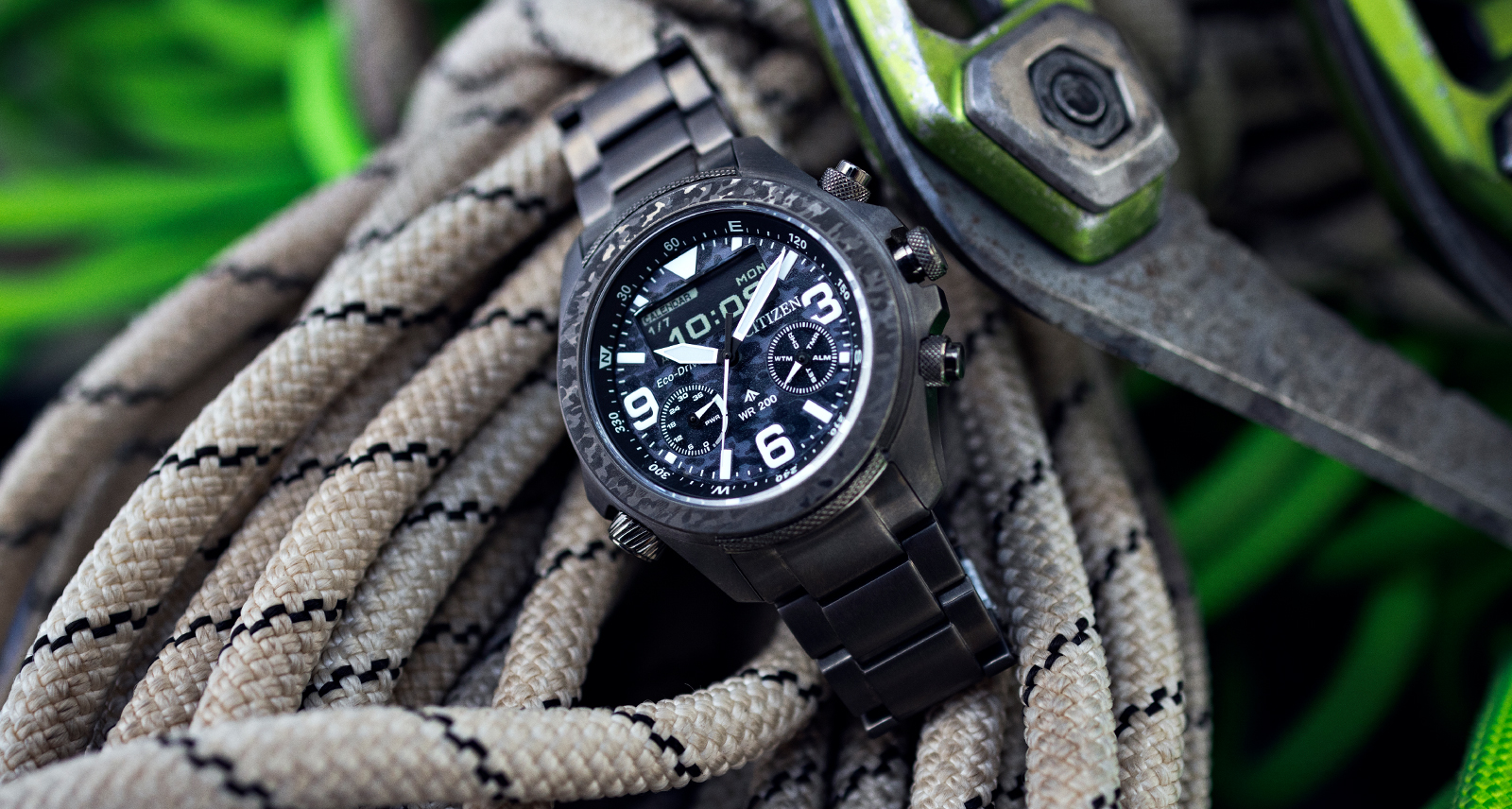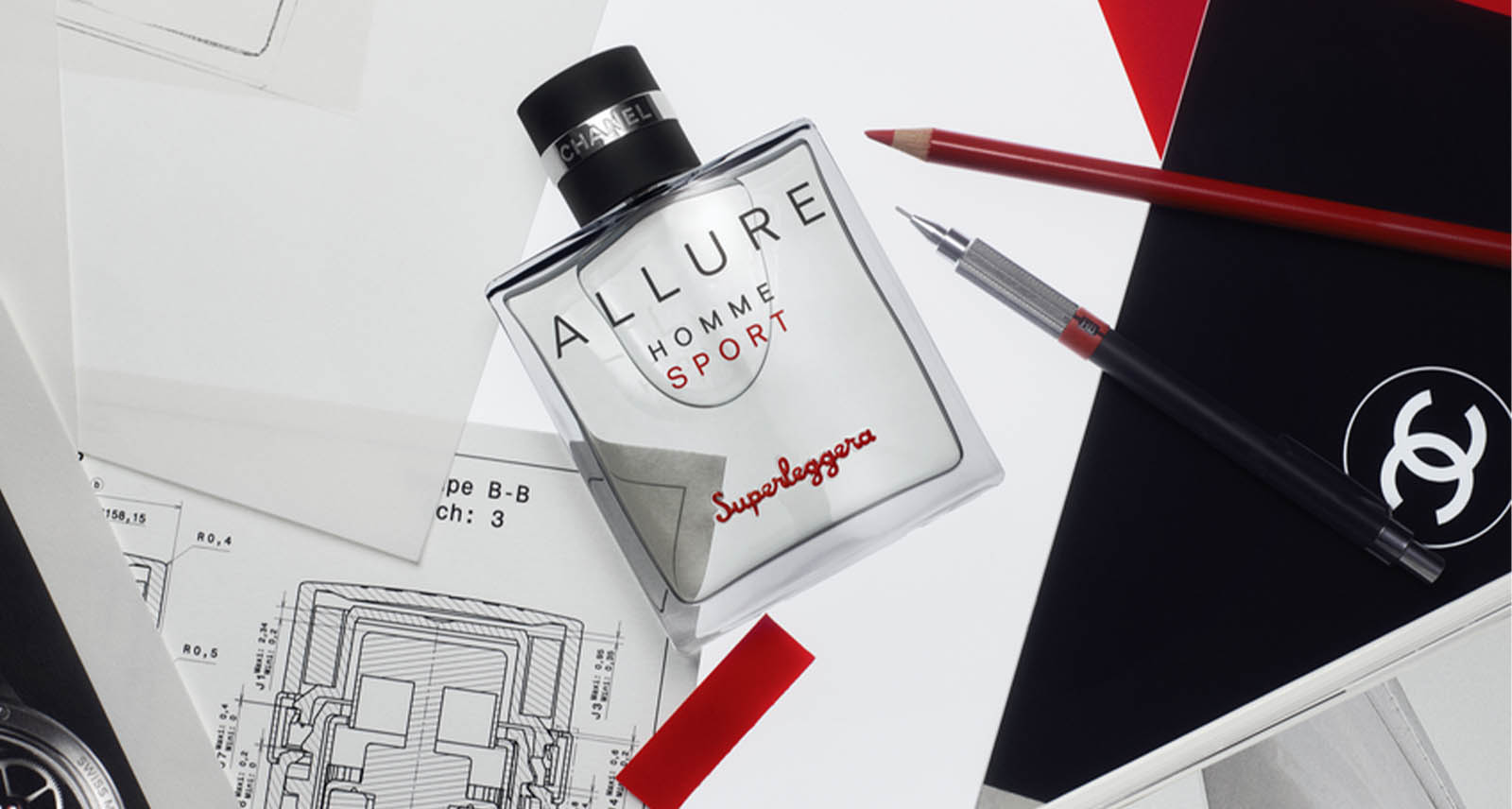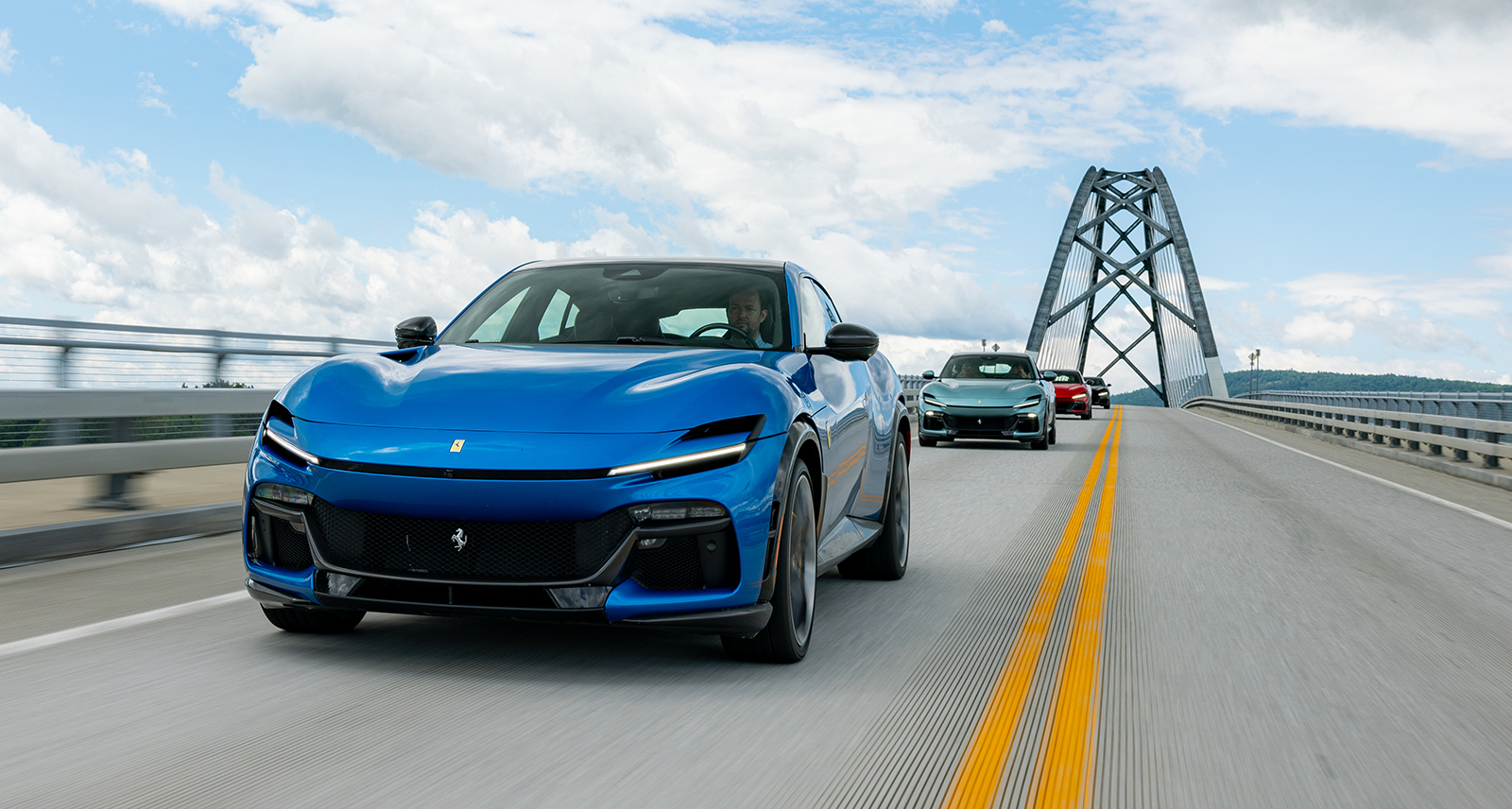When Your Favourite Sport Becomes Embroiled in an International Dispute
No one would have picked Daryl Morey as the guy to explode Chinese–American relations and usher in a new phase of global capitalism. The Houston Rockets’ analytics-driven general manager isn’t a political bomb-thrower. Even his now-infamous tweet — “Fight for freedom, stand with Hong Kong” — was the kind of anodyne message that usually flows by unnoticed in the stream of social media activism.
Instead, it detonated an international incident that shows no sign of stopping, with China furiously denouncing Morey and the NBA, protestors appearing at games, and league officials and players delivering a series of increasingly tortured responses that attempt to simultaneously support free speech and human rights and support the right of China, with its beautiful cultural traditions and $1.5-billion streaming deal, to absolutely go ahead and ignore free speech and human rights if that’s what it thinks is best.
For NBA fans, or really any North American who hadn’t been paying particularly close attention to international relations, the episode was eye-opening. For decades, Americans — and Canadians, riding in our powerful neighbour’s wake — have grown used to being at the centre of global culture. Mass entertainment is made to flatter our sensibilities. The world’s airports serve hamburgers because we really like to eat hamburgers.
The Morey fracas was so shocking because it was an early glimpse of a new global arrangement, one in which a superpower across the ocean can reach over and tweak something as familiar and personal-feeling as basketball. We’ve long since made a pact with China, deciding that access to a market of 1.4 billion people is a fair exchange for keeping our mouths shut. A single tweet made the details of that pact apparent, and for many, the realization has been jarring.
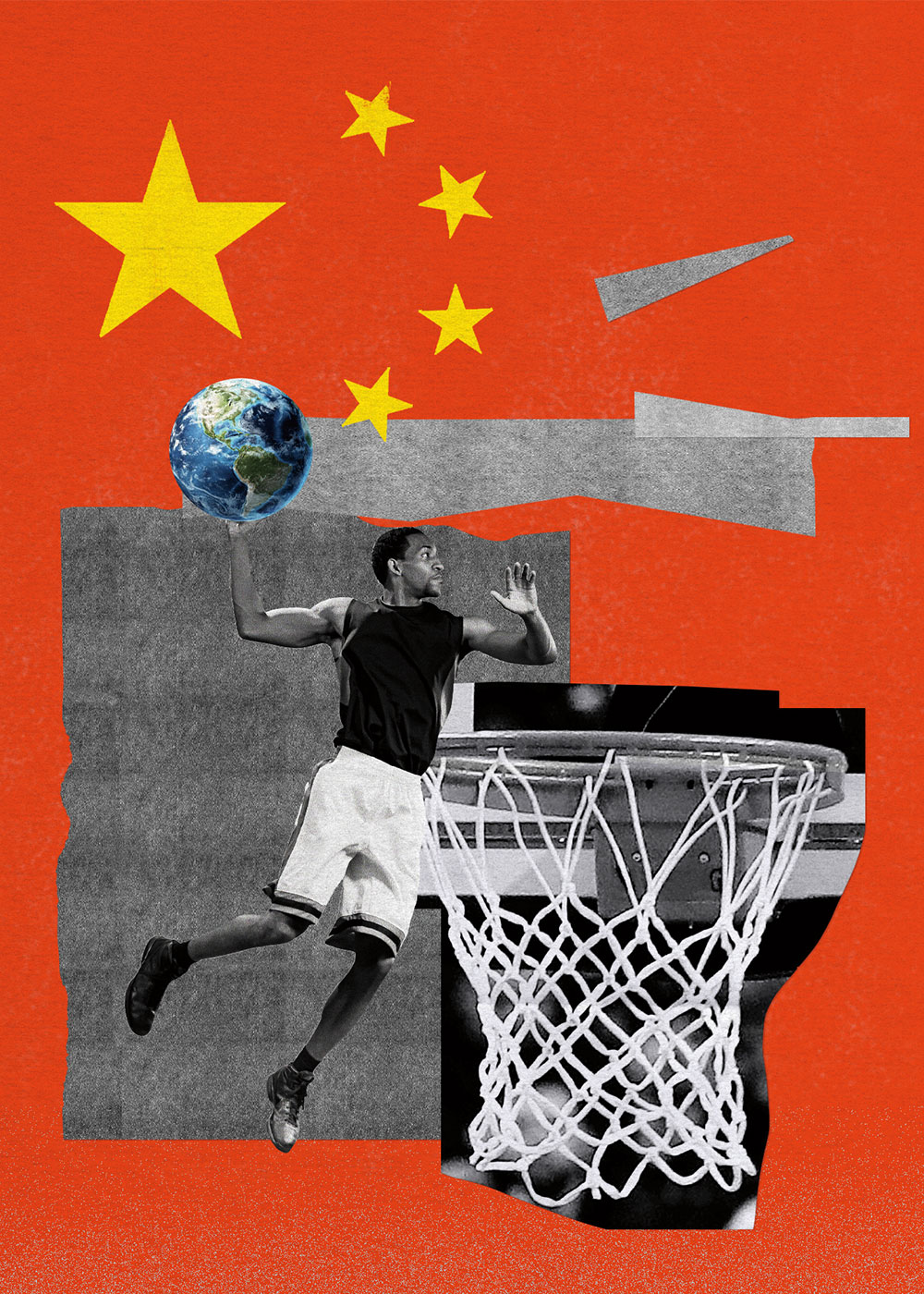
Illustration by Franziska Barczyk.
Of course, the NBA blow-up wasn’t the first time the Chinese government has flexed its muscle. Companies from Marriott International to Delta have all quickly acquiesced to the state’s criticisms in recent years, changing maps that showed Taiwan as a country and apologizing profusely.
But no one has a deep personal connection to the Delta brand. Nobody hangs a poster of their favourite Courtyard by Marriott on their bedroom wall. Basketball is different. The NBA’s entire business model is built on the mutually agreed upon fantasy that the team represents us — that it’s totally appropriate and not at all weird for us to use the first-person plural when talking about a group of millionaire athletes living part-time in our city. That’s why the moments when someone breaks kayfabe are so destabilizing — when the slick billionaire owner you’ve tried to keep out of your mind accepts the Larry O’Brien Trophy before the star player, when the “woke” league commissioner reminds you that his job is, literally, to maximize profits for a group of owners.
Blockbuster movies are perhaps the closest analogue. Like sports, a blockbuster is designed to create a sense of identification — to build fans who will dress up as a character for Halloween and, if necessary, act extremely rudely on the internet to anyone who dares criticize the object of their fandom. Also like an NBA game, a movie is, of course, a product created by a multinational corporation designed to appeal to as many markets as possible.
In recent years, in a bid to produce one of the 38 foreign films allowed into Chinese theatres each year, Hollywood studios have done whatever it takes to satisfy the country’s censors. A James Bond movie is edited to remove references to prostitution in Macau and torture by Chinese police. A Mission Impossible III scene in Shanghai in which laundry, including underwear, flaps from clotheslines is quietly removed because censors think it makes China look like a third-world country.
While tweaking American content to fit a Chinese audience is one thing, collaboratively creating work that can sell in both markets would seem to be the future. The most concerted recent attempt was the 2017 U.S.–China co-production The Great Wall. The film, ostensibly about a ponytailed Matt Damon fighting monsters alongside Song-dynasty warriors, is actually about a crew of six credited screenwriters valiantly struggling to wrestle a script that can simultaneously satisfy American filmgoers, Chinese censors, and the basic tenets of dramatic storytelling. They do not succeed.
The film was a flop and stands as a testament to the difficulty of true collaboration, especially when one partner is an increasingly touchy totalitarian state. It also serves as a useful reminder of exactly why the NBA has been so protective of its success in China. Creating a politics-free product that appeals to the world’s two largest markets is hard!
Perhaps the best depiction of the complexities of this new era of global capitalism is the recent documentary American Factory. Released this fall on Netflix, the film tells the story of what happens when Chinese glass manufacturer Fuyao takes over a shuttered former GM plant in Dayton, Ohio. The set-up is a reversal of so many familiar narratives about globalization. Instead of benighted Chinese workers slaving over our iPhones, we watch as a massively successful Chinese company is set to save — or exploit — the working class of Ohio.
In one memorable sequence, Fuyao bring Americans to China to see how production works at a successful factory. Skilled workers slide enormous sheets of auto glass across the production line, a ballet of elegant efficiency. But what begins as a scene about Eastern competence quickly turns into something more complicated. The Americans walk into a crew meeting in which workers are gathered military style, standing at attention and counting themselves off. The camera catches interviews with women who work so much they only see their children in their home villages once a year.
Underlying the scene (and the entire film) is a central tension — the same tension that made the Daryl Morey story one of the most fascinating sports stories in years. For decades, the West’s assumption about China was that open markets would bring open ideas. Capitalism would bring democracy. We would change China, bit by bit, to become more like us. In American Factory, as the Dayton managers take notes on the labour practices of their parent company, we see the opposite happening. Why should the rights and conventions of the West — the right to labour protections, to weekends off, to challenge leadership, to tweet whatever you want from your perch as a basketball GM — apply to a country as prosperous as China? Instead of the West changing China, the country and its leaders are eager to change the world.
As the factory tour continues, the Americans venture outside, where workers are labouring in the sun, sorting through various types of broken glass by hand so that they can be recycled at their most profitable value. An older woman in a sun visor crouches in the glass, picking through the shards. The workers don’t have safety glasses. They’re not wearing cut-resistant gloves. “You’ve gotta be kidding me,” murmurs one of the Americans. His look says what the viewer is thinking.
